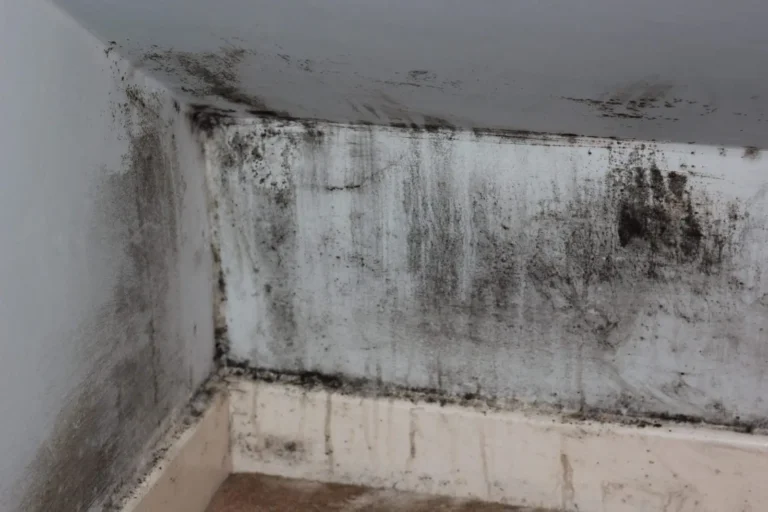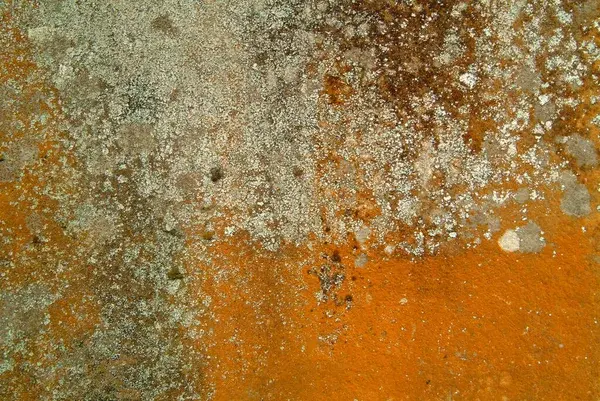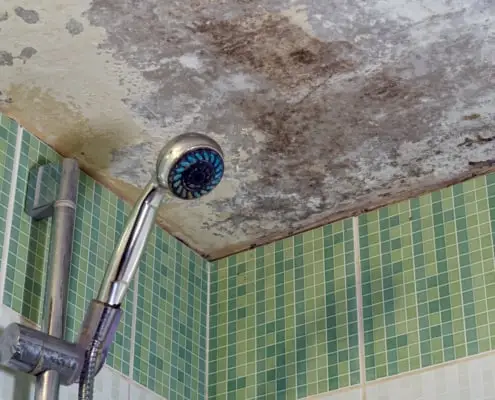Mold DIY Testing
Non-Certified Mold DIY Testing
In this service, we will arrange for the lab analysis of provided samples of mold (swab or tape lift) and deliver a report with the lab results stating the absence or presence of mold spores and their levels. We will send detailed instructions on how to collect the samples and how to pack and label them.
There are two delivery options: the samples can be dropped off or mailed to the following address: 9800 Mount Pyramid Ct Suite #400, Englewood, CO 80112.
Testing for the presence of mold is recommended whenever there are clear indications for mold growth, such as a musty smell and numerous symptoms of deteriorating health.
However, swab and tape lift testing are only effective if the air contamination with the spores is high and there are numerous spores on the tested surfaces. It is recommended to combine different testing methods, including the air pump method, to get reliable results when mold concentration is low or moderate. Majority of mold mitigation contractors will not accept non-certified tests that were used to verify the effectiveness of their services.




